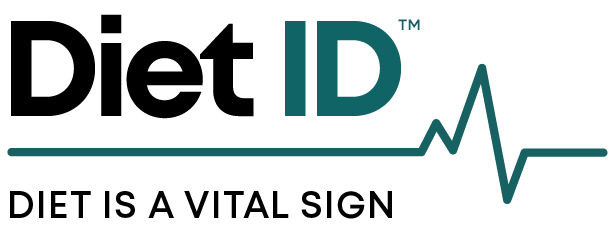Breakthrough Dietary Assessment Method Tracks with Biomarkers
DECEMBER 8, 2021
A breakthrough method of digital dietary assessment that can be completed in as little as 60 seconds correlated significantly with an array of biomarkers of cardiometabolic health in a population of over 500 adults. Variation in diet quality as measured by Diet ID correlated significantly with such biomarkers as HDL cholesterol and triglycerides; inflammatory cytokines including CRP and fibrinogen; blood sugar, glycohemoglobin, blood insulin levels, and a derived measure of insulin resistance (the HOMA-IR); as well as blood levels of activated vitamin D and the omega-3 fatty acid index.
The assessments were completed over 1 year in a convenience sample of patients with blood testing performed by Boston Heart Diagnostics, Inc. The patients also completed the on-line Diet ID assessment, available to all BHD patients. A convenience sample means the study cohort was populated under real-world conditions, on a first-come, first-served basis, without any targeted recruitment or exclusions.
The findings pertain to a total of 546 patients, with a median age of 56, of whom 69% identified as female and 31% as male.
The Diet ID assessment, based on a patent-pending method that uses images in a diet map and pattern recognition rather than recall, was completed on-line by all participants. The assessment took as little as 60 seconds.
“We have prior work showing robust performance of Diet ID as compared to the prevailing methods of dietary assessment, notably food frequency questionnaires and 24-hour recall,” noted Dr. David Katz, CEO and founder of Diet ID, “but very limited biomarker data. This collaboration with Boston Heart Diagnostics is a very gratifying reaffirmation that this easy, fast, user-friendly method is scientifically robust.”
The Diet ID platform measures the overall quality of dietary patterns using the Healthy Eating Index 2015, which in turn correlates strongly with all-cause mortality and the overall risk of any major chronic disease. In the current cohort, as diet quality went up, so did HDL, vitamin D, and omega-3 levels. In contrast, as diet quality rose, the levels of inflammatory markers, triglycerides, and indicators of insulin resistance and impaired glucose metabolism declined.
“The pattern was very consistent,” said Dr. Michael Dansinger, Medical Director of Patient Wellness for Boston Heart Diagnostics and Assistant Professor at Tufts University School of Medicine. “Markers we would expect to improve with diet quality did just that.”
Because of unrestricted entry into the cohort, there was no control for use of medication and supplements. More than 35% of the participants were taking one or more cholesterol lowering drugs, roughly 10% were taking medication for diabetes, and over 65% were taking dietary supplements, including omega-3.
“These practices would bias the findings toward the null,” noted Dr. Dansinger, “meaning, they would make it less likely, not more, to see the association between diet quality and biomarkers. As an example, someone with low diet quality and poor biomarkers is likely to be among those prescribed a medication that would in turn improve the markers in question- even if diet quality remained low. The strong pattern of associations observed between diet quality and biomarkers despite the effects of drugs and supplements means the actual correlations are stronger.”
“The work of scientific validation never ends,” Dr. Katz commented. “There is always another study, another benchmark – and we have plenty in the works. But this is an important addition to the evidence we’ve gathered to date showing how robust and reliable this entirely new approach to dietary assessment really is.”
To learn more about Diet ID, visit dietid.com.
About Diet ID
Diet ID utilizes a novel, patent-pending approach to dietary assessment based on pattern recognition, rather than the customary recall. The system, accessible via any web-enabled device, generates a comprehensive assessment of dietary intake- diet type, diet quality (using the Healthy Eating Index 2015), daily servings of all major food groups, and levels of 150 nutrients- in as little as 60 seconds. Available in English and Spanish, the image-based app is ideal for low literacy populations. For more information on Diet ID, visit dietid.com.
Press release link: https://www.einpresswire.com/article/557905509/breakthrough-dietary-assessment-method-tracks-with-biomarkers

